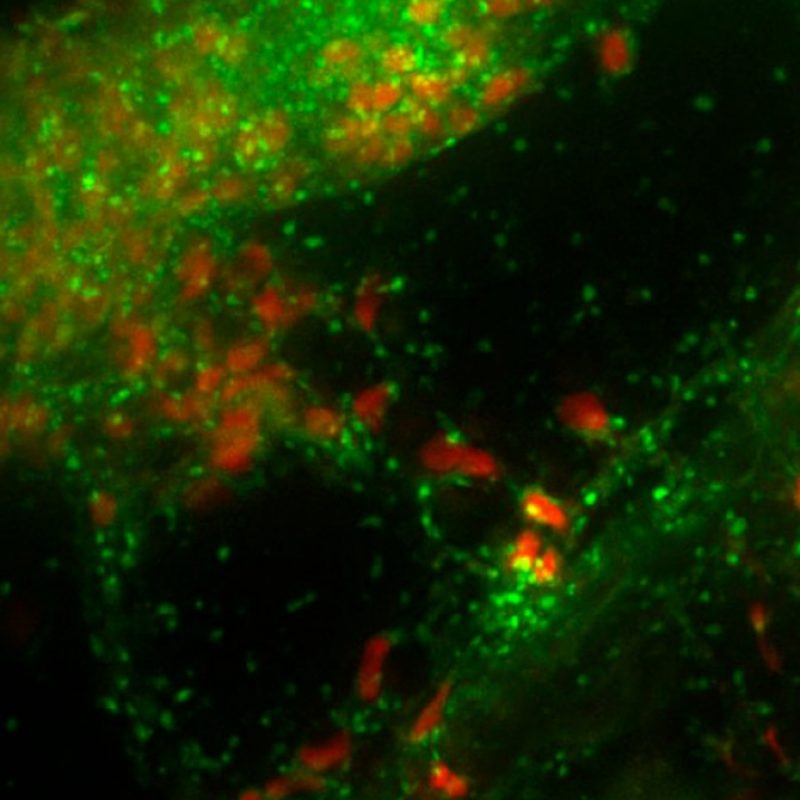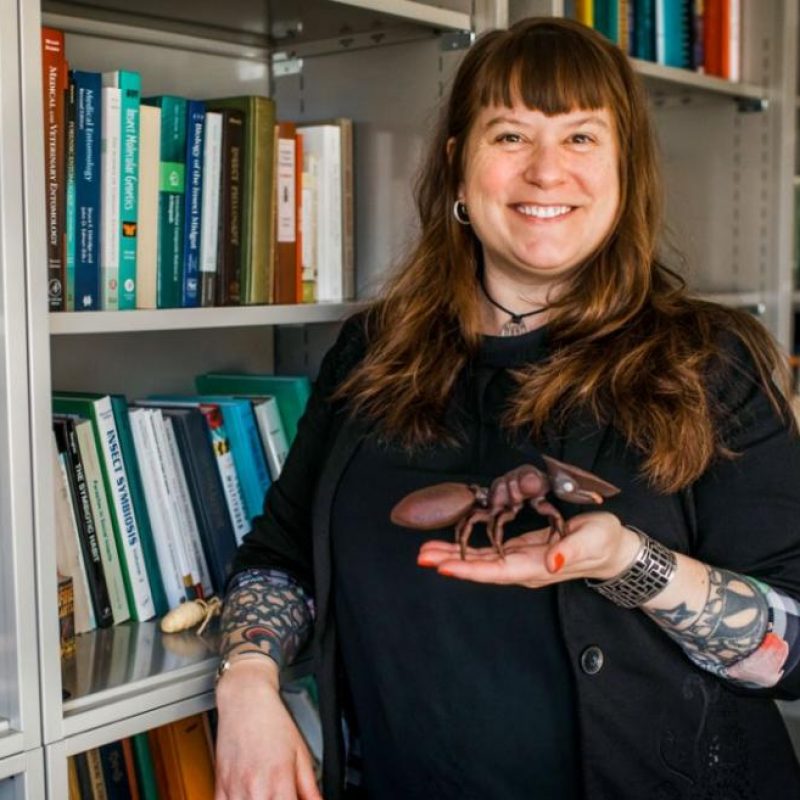Tag: Microbiota and Microbiomes
-

URE Program now accepting applications
Now accepting applications to CIHMID’s Undergraduate Research Experience (URE) Program for current Cornell undergrads. Find more info here. Applications are due Nov 8, 2024.
-

Heather Feaga
The Feaga Lab uses structural, biochemical, and omics approaches to study bacterial ribosomes. Our research aims to identify new protein factors that interact with ribosomes and that keep protein synthesis running smoothly. Students will use transposon mutagenesis coupled to deep sequencing (Tn-Seq) to identify genes[...] -

Lori Huberman
The Huberman lab uses genetic and genomic techniques to study the genetic mechanisms used by fungi to sense and respond to the nutrients in their environment. Student projects will include performing genetic screens to identify genes important in nutrient sensing and using genetic and genomic[...] -

Megan Greischar lab
Parasite life history strategies within the host, especially the timing of replication and transmission, influence disease severity and spread. I study how subtle differences in ecology within and outside the host can generate dramatic differences in parasite strategies. My research program uses two major approaches: Building ecologically-detailed models to ask when and why particular strategies […]
-

Tobias Dörr lab
My group studies cell envelope stress responses of Gram-negative pathogens. We are defining regulatory pathways and functional networks of enzymes involved in cell wall degradation, modification and synthesis as well as factors required for upholding outer membrane barrier function. We seek to understand these processes to gain insight into the mechanistic underpinnings of cell growth […]
-

Clare Casteel lab
Numerous studies demonstrate that vector-borne pathogens, such as viruses, influence host characteristics that result in altered host-vector interactions and enhanced virus transmission. We seek to determine the molecular mechanisms that underlie this phenomenon and use this knowledge to develop innovative control strategies using genetic and biochemical approaches. Current focuses are on changes in plant signaling […]
-

Pawlowska: Food safety and fungi
Assoc. Prof. Teresa Pawlowska discusses her lab’s work on food safety and fungi. The full text of the Cornell Chronicle story is below. CORNELL CHRONICLE STORY By Krishan Ramanujan A new grant will investigate how bacteria that live inside the cells of fungi may shape the biology, evolution, biodiversity and function of these fungi – […]
-

Corrie Moreau: Sharing 7 million insects with the digital world
Prof. Corrie Moreau talks about digitizing the Cornell University Insect Collection. The full article appears below. CALS ARTICLE By Krishna Ramanujan As director and head curator of the Cornell University Insect Collection, Corrie Moreau has numerous tasks on her to-do list, including one that could last her entire career: digitizing the collection’s 7 million specimens. Digitization is a […]
-

Helmann lab: new elongasome function paper
The John Helmann lab has a new paper out, “A regulatory pathway that selectively up-regulates elongasome function in the absence of class A PBPs” in eLife. LINK TO PAPER: https://pubmed.ncbi.nlm.nih.gov/32897856/
-

Casteel: Nature Plants paper
Associate Professor Clare Casteel (SIPS) has a paper out in Nature Plants, in collaboration with labs at UC Davis: “Organic management promotes natural pest control through altered plant resistance to insects” PAPER: https://www.nature.com/articles/s41477-020-0656-9.epdf
